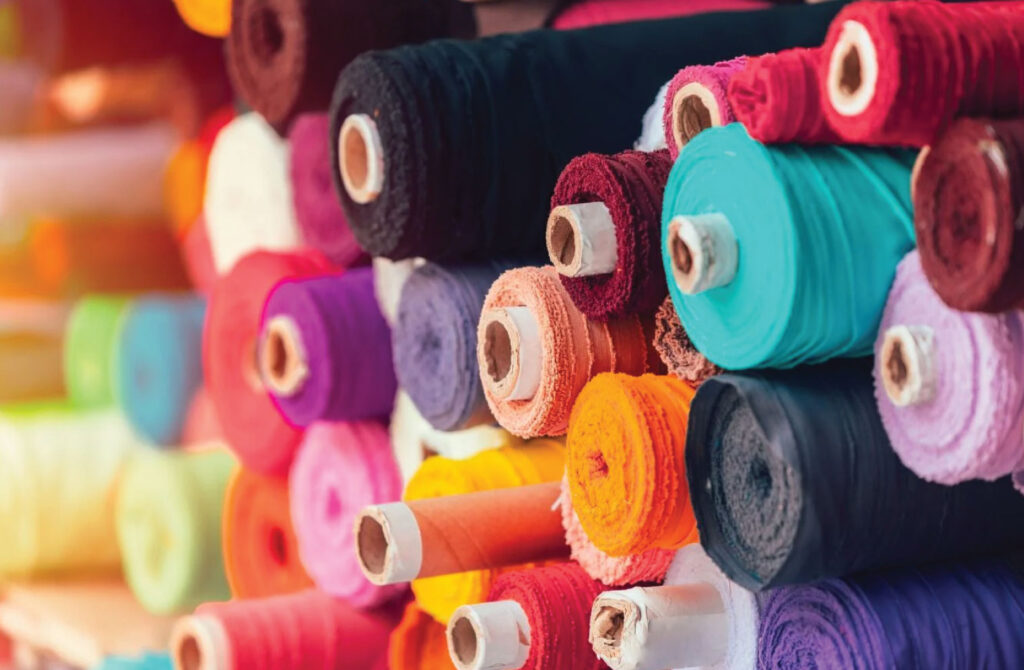Pakistan’s textile exports to the EU saw a substantial increase, reaching EUR 7.1 billion in 2022, up from EUR 3 billion in 2014, marking a remarkable 94 percent growth in volume, according to the State Bank of Pakistan’s Annual Report.
This surge in textile exports followed the implementation of GSP+ and was significantly faster compared to the pre-GSP+ period from 2004 to 2014. Pakistan benefited from the GSP+ status, while non-GSP+ competitors experienced slower growth in export volumes.
Pakistan, as one of the six Asian countries holding GSP+ status, has been a major beneficiary of this preferential scheme. The continuation of this status beyond December 2023 depends on approval from the EU Council.
GSP+ has played a pivotal role in boosting Pakistan’s exports, especially in the textile sector, by providing preferential tariff rates and duty-free access to 66 percent of product categories, including apparel, textiles, food products, leather goods, and surgical items.
As a result, the EU has become Pakistan’s primary export destination, accounting for around 20 percent of global textile sector exports, valued at approximately EUR 7 billion. The GSP+ program offers duty-free access to the EU market for eligible countries, and it involves the complete elimination of import duties on most tariff lines for GSP+ beneficiaries, including Pakistan.
The EU periodically renews GSP+ status based on satisfactory compliance with 27 key international conventions. Currently, GSP+ status for all beneficiaries is valid until December 2023, pending EU approval for its renewal.
